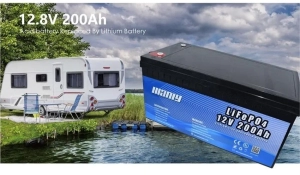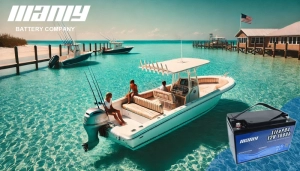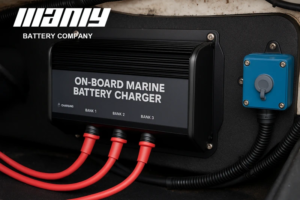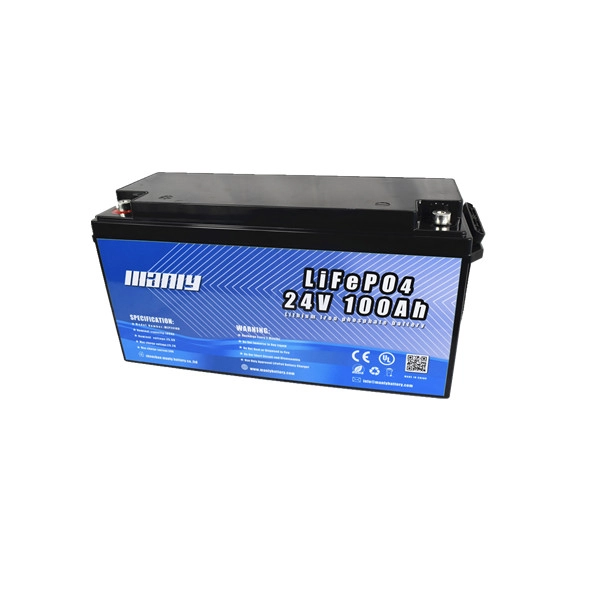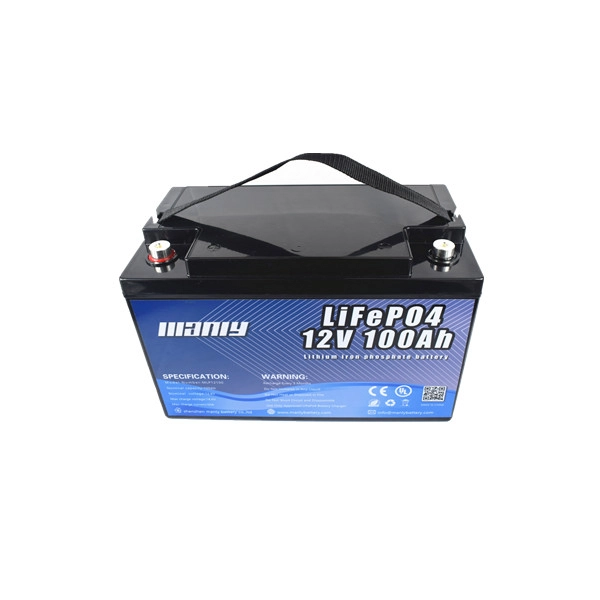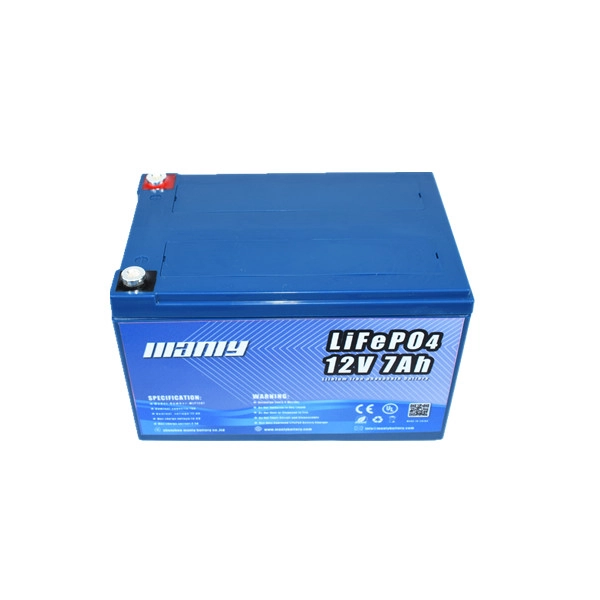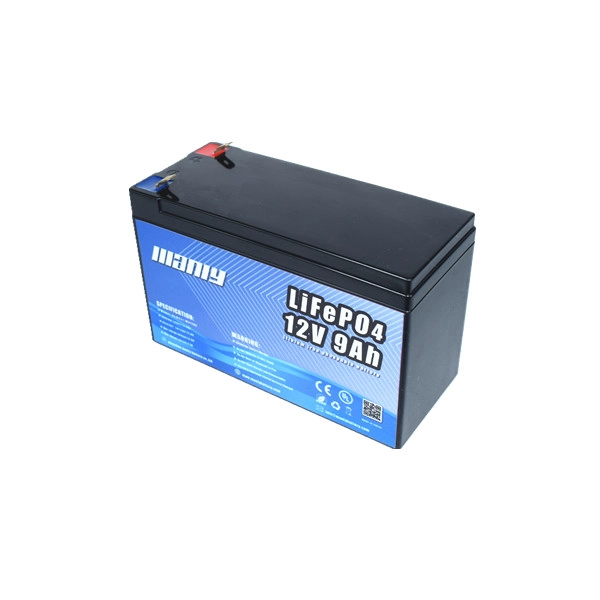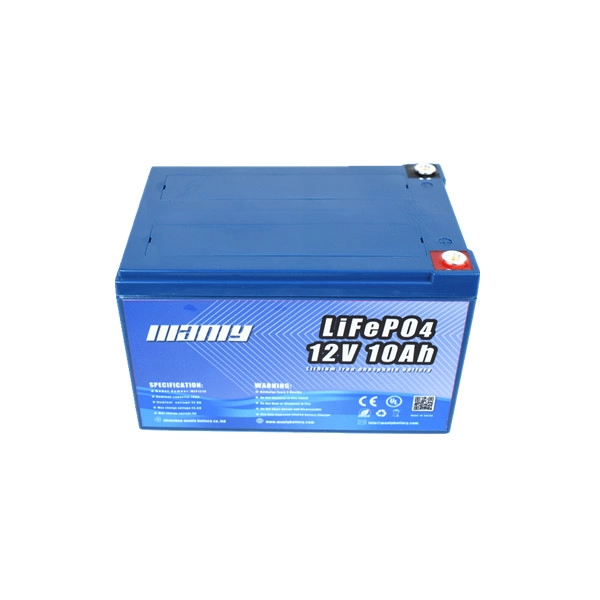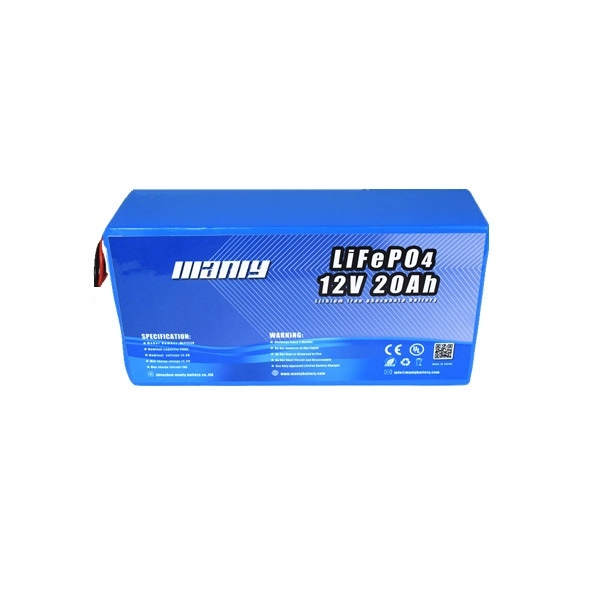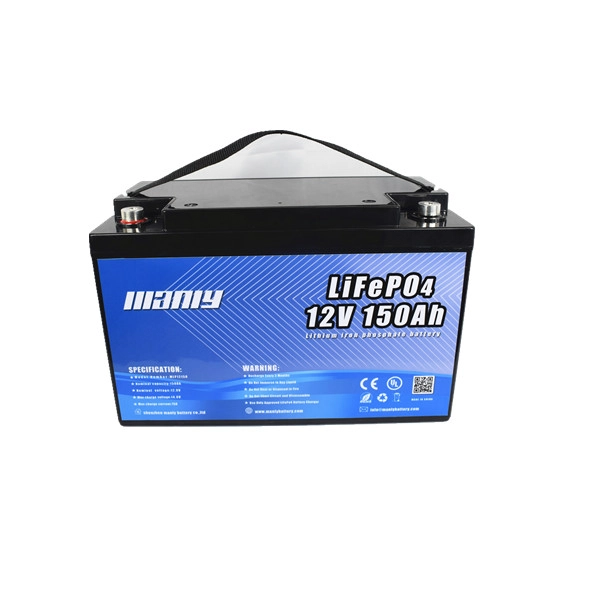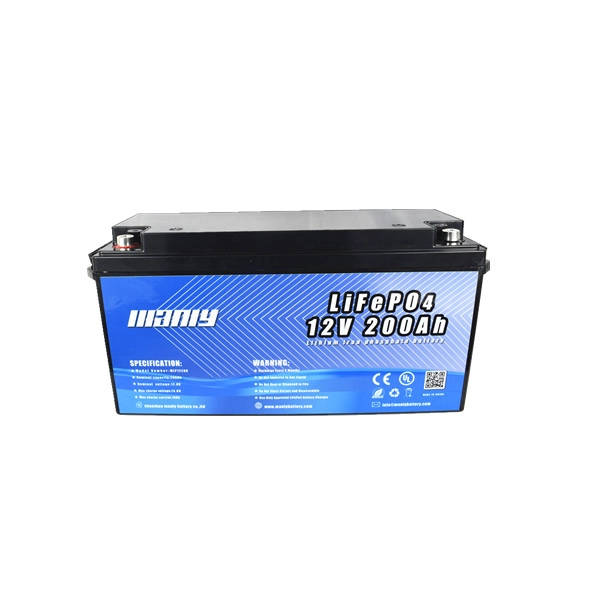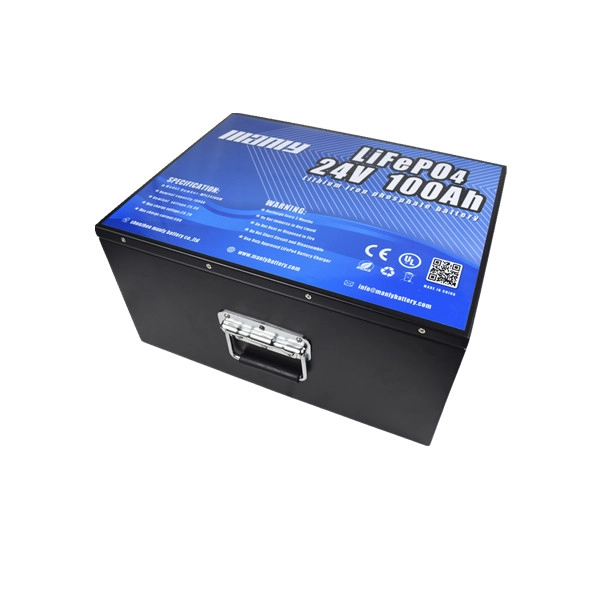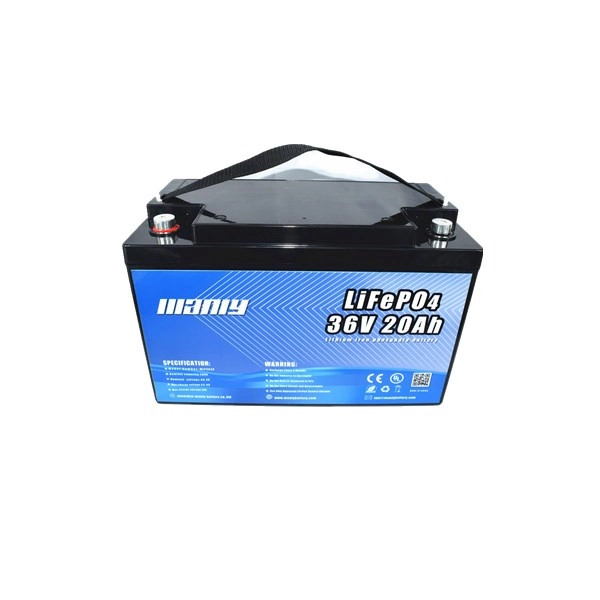¿Las baterías de litio tienen memoria de carga?
Tabla de contenido
- ¿Las baterías de litio tienen memoria de carga?
- ¿Qué es exactamente el efecto memoria de la batería?
- Efecto memoria en baterías de iones de litio
- Efecto memoria en otros tipos de baterías
- Impacto del efecto memoria en el rendimiento de la batería a lo largo del tiempo
- Prevenir el efecto memoria en las baterías
- Pensamientos finales
- Más información sobre la batería
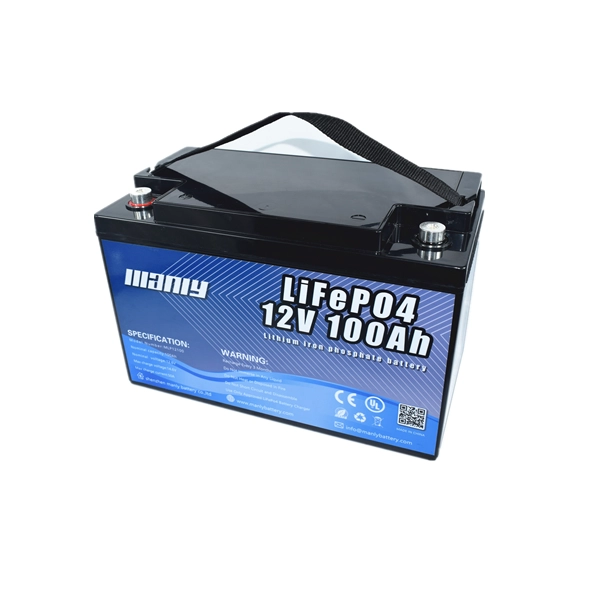
¿Qué es exactamente el efecto memoria de la batería?
The efecto memoria de la bateria is when a battery seems to "remember" its previous charging cycles. This means the battery might not use all of its energy over time, reducing its total capacity. Originally noticed in older batteries like nickel-cadmium (NiCd) and nickel-metal hydride (NiMH), this effect causes batteries to deliver less power than they actually have.Diferencias clave entre el efecto memoria y otros problemas de batería
Understanding how the memory effect differs from other battery problems is important:- Retención de carga: The memory effect directly affects how much charge a battery can store. While issues like self-discharge cause a battery to lose power over time, they don't reduce the battery's total capacity like the memory effect does.
- Patrones de carga: The battery memory effect is linked to repetitive charging patterns. If you frequently charge the battery after only partial use, it may "remember" this shorter cycle and not utilize its full capacity in the future.
- Reversibilidad: One key aspect of the memory effect is that it's often reversible. Performing several full charge and discharge cycles can reset the battery's memory. In contrast, other issues may be permanent or require special treatments.
- Cambios químicos: The problems associated with the memory effect battery stem from changes in the battery's internal materials, such as alterations in the crystal structure of the electrodes. Other battery issues might arise from different chemical reactions or external factors like temperature.
Efecto memoria en baterías de iones de litio
When it comes to modern lithium ion batteries, the memory effect is not as common as it is in older battery technologies. However, this doesn’t mean that lithium ion batteries are completely free from it. Under specific conditions, lithium ion batteries, especially those using lithium iron phosphate (LiFePO4) chemistry, can still experience something similar to the battery memory effect.Comprensión del efecto memoria de la batería de iones de litio
For most lithium ion batteries, like those made with NMC or LCO, the memory effect is rare. These batteries generally degrade over time due to natural wear, rather than remembering a specific charging pattern. However, in lithium iron phosphate (LiFePO4) batteries, the voltage curve is very flat, which can confuse the system that measures the state of charge (SoC). This flat voltage curve, when paired with frequent partial charging and discharging, may cause the battery to appear as though it is suffering from a battery memory effect.This effect can lead to errors in how much charge the system thinks the battery holds, resulting in incorrect estimations of the battery's charge level. While the overall impact on capacity is not as significant as in nickel-based batteries, this issue can cause some problems with the battery’s performance, especially in complex systems like electric vehicles.Causas del efecto memoria de la batería de iones de litio
- Ciclos de carga incompletos: Las baterías de iones de litio que se cargan constantemente después de una descarga parcial pueden comenzar a mostrar una capacidad reducida, imitando el efecto de memoria de la batería. Esto no significa que tengan una memoria verdadera como las químicas de baterías más antiguas, pero el comportamiento es similar.
- Altas temperaturas de funcionamiento: El calor es otro factor que puede empeorar este problema. Exponer las baterías de iones de litio a altas temperaturas durante la carga o descarga puede acelerar las reacciones químicas dentro de la batería, lo que puede aumentar la posibilidad de experimentar un efecto similar a la memoria. La batería se vuelve menos eficiente y se reduce su capacidad para mantener una carga completa.
- Sobrecarga y sobredescarga: Aunque las baterías de iones de litio tienen protección incorporada para evitar sobrecargas o descargas excesivas, las condiciones extremas aún pueden provocar una pérdida de capacidad a largo plazo. La exposición repetida a tales condiciones podría hacer que la batería parezca tener un efecto de memoria, donde solo proporciona una carga limitada.
Estrategias de mitigación del efecto memoria de las baterías de iones de litio
There are several strategies to minimize the risk of memory effect in lithium ion batteries:- Realizar ciclos de carga completos: De vez en cuando, es una buena idea dejar que la batería se descargue por completo antes de volver a cargarla. Esto puede ayudar a recalibrar el sistema y restablecer la capacidad de la batería.
- Evite las altas temperaturas: Cargar o descargar una batería en condiciones de mucho calor puede reducir su eficiencia y vida útil. Mantenga sus baterías a una temperatura moderada y estable para un rendimiento óptimo.
- Mantenimiento regular: Ocasionalmente, hacer funcionar las baterías de iones de litio durante un ciclo completo de carga y descarga, un proceso a veces llamado acondicionamiento de la batería, puede ayudar a mantener su salud y reducir los efectos que imitan el efecto memoria.

